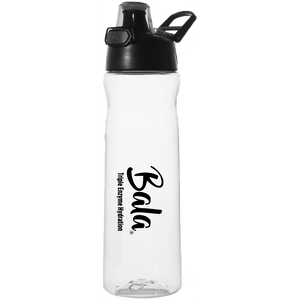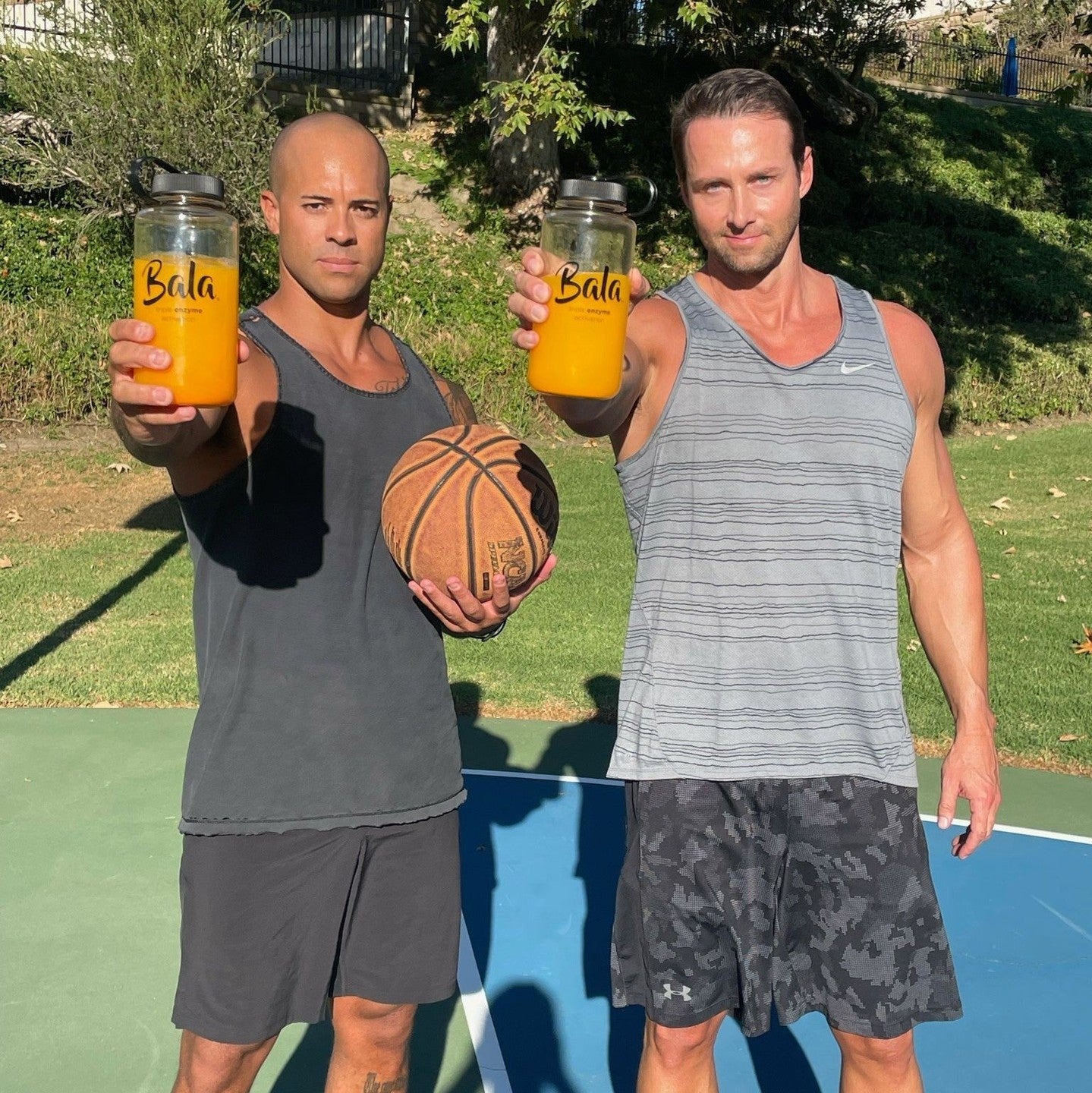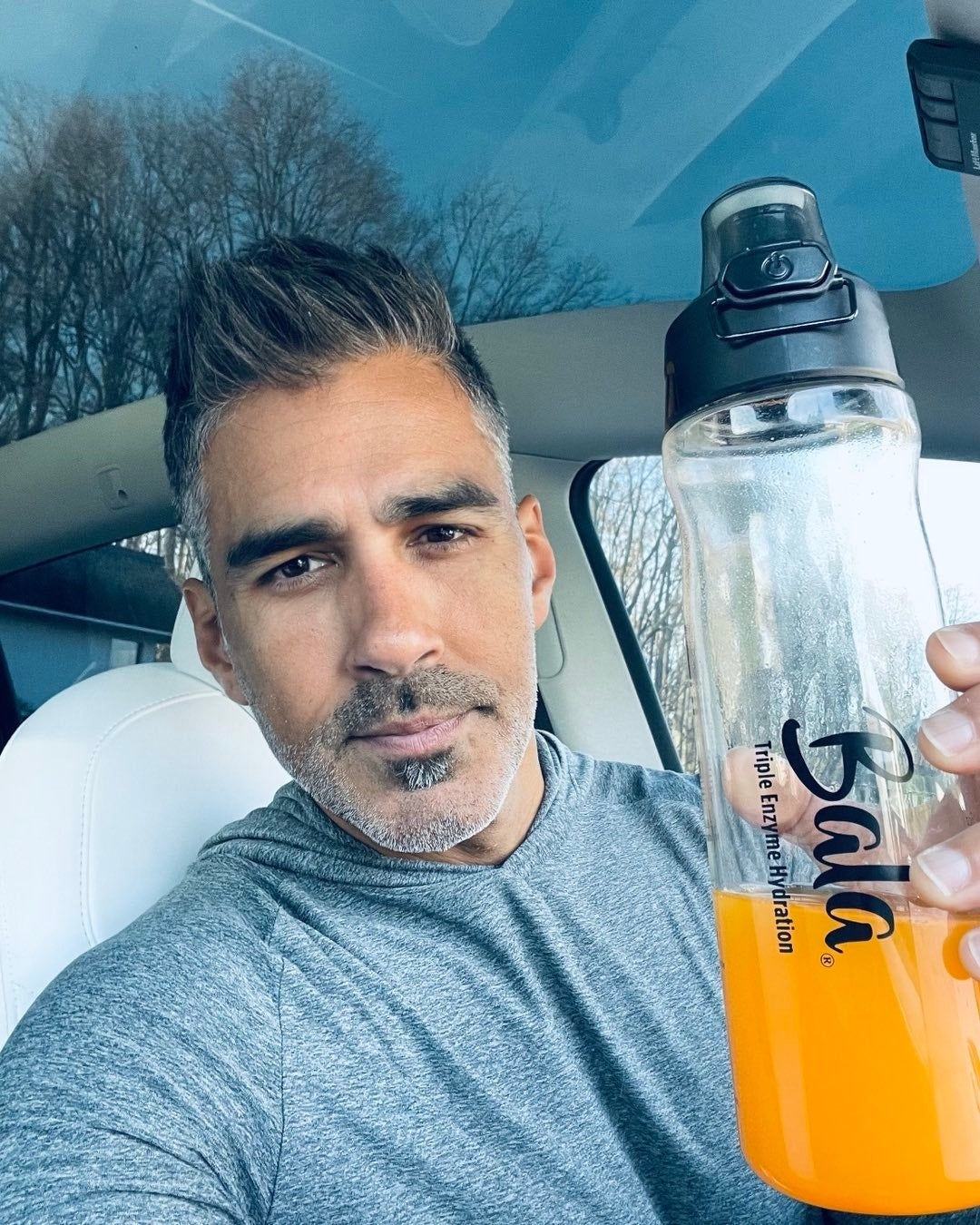How Long Does It Take To Rehydrate?
A study conducted by the National Health and Nutrition Survey concluded that almost 54% of children and young adults between the ages of 6 and 19 years suffer from dehydration. Due to the seriousness and dangers of dehydration, these are severely alarming rates.
Why is staying hydrated important?
What happens when I am dehydrated?
How do I know I am dehydrated?
How long does it take to rehydrate?
These must be the questions crossing your mind right now. This article covers all the facets of hydration and dehydration, so keep reading to find out the answers to your questions.

How Important is it to Stay Hydrated?
Keeping yourself hydrated is extremely important especially for those who are mostly outdoors and remain very active. Dehydration can occur easily due to many factors, especially due to extreme weather conditions such as scorching heat.
Here are a few reasons for you to stay hydrated at all times.
Smooth Body Processes
The human body is made up of about 60% water. Therefore, you can imagine how important water is for humans to survive. Replenishing your body is important to ensure the smooth functioning of its systems including your digestive system and waste disposal processes. Moreover, every cell, muscle, and tissue within your body requires hydration in order to run at peak performance.
Overall Wellness
Remaining hydrated improves your overall wellness. A well-hydrated body is one that performs at its optimal level. This includes having high energy levels, increased focus and brain performance and well, clear skin. Moreover, if you plan to engage in physical activity, it is vital for you to remain properly hydrated.
What Happens When You Get Dehydrated?
When you don’t consume enough water or drink too much alcohol, have diarrhea, vomit or sweat, your body’s essential fluid storage begins depleting. This makes it really difficult for your body’s systems to function effectively. Some of the minor dehydration symptoms you can experience are headaches, cramps or feeling lightheaded.
Another detrimental impact of dehydration is that your body’s production of blood reduces significantly. Therefore, there is insufficient blood circulation within your body. This can cause some other health issues, including decreased blood pressure, dizziness and headaches.
Moreover, there are some long-term effects of dehydration. Some researches revealed that dehydration can impair mental performance and impact psychomotor and memory skills by 1-2%. Other studies also suggested the prolonged fluid deficit can decrease your overall body performance. This includes headaches, sleepiness, irritability and an increased respiratory rate. Moreover, dehydration can also increase the temperature levels of children. Another research also found that dehydration impairs muscle endurance and plays a role in decreasing muscle strength.
During the early stages of dehydration, your body tries to reabsorb the available fluids within your body in order to power your organs. Moreover, if your body fluids deplete more than 8%, it could result in death. This is because once all the fluids within your body deplete, there will be nothing left to absorb. Therefore, your body will be extremely dehydrated. This can cause you to go into shock and result in eventual death.
How to Know When to Rehydrate?

Keeping yourself hydrated isn’t that difficult. However, it’s important for you to know when you are getting dehydrated so that you can take immediate action.
Here are a few indicators that will help tell you if your body is dehydrated.
Thirst
One of the most common and obvious signs of dehydration is extreme thirst. This is one of the earliest signs of dehydration that indicates that you need to start drinking water before the situation gets more serious. All other signs are secondary and occur at a later stage of dehydration.
Dry Mouth
One of the most important signs of dehydration is dry mouth. If your mouth is completely parched, this means that you are on the brink of dehydration. When you are hydrated, you will notice that your mouth is well-moisturized with saliva. Moreover, having a dry mouth has its own level of discomfort. All in all, if you feel like the inside of your mouth is drying up and getting sticky, you should drink at least a glass or two of water to rehydrate your body.
Fatigue
Dehydration often leads to severe fatigue. Since your body’s muscles are made out of almost 75% water, it is important that you constantly give them the hydration they need to function properly. A dehydrated body can cause your muscles to weaken, making you feel tired, sleepy, and too lethargic to perform any activities.
Small Amounts of Dark Urine
When your body is well-hydrated, you feel the need to go to the washroom again and again. This is a good sign as it indicates that all the excess waste from your body is being discharged. On the other hand, when your body is dehydrated, you excrete almost little to no urine. Moreover, even if you do excrete urine, it’s usually a dark amber color. An important thing to know is that the darker the urine color, the more dehydrated you are.
How Long Does It Take To Rehydrate?
Now that we have discussed why hydration is important and how you can determine you are dehydrated, let’s discuss the last question, how long does it take to rehydrate?
If you ever find yourself in a situation where you feel lightly dehydrated, don’t worry too much. It takes only a few minutes to rehydrate your body.
The Journal of Strength and Conditioning suggested that it can take about 45 minutes to an hour for your body to rehydrate if it is severely dehydrated. You will only require a 600ml bottle to go from completely dehydrated to fully hydrated.
The time to rehydrate your body can vary. This is because different bodily processes take different times to actually absorb water. For instance, if you drink water on an empty stomach, the water will enter your bloodstream considerably faster. This is because your body will not be busy digesting anything.
However, if your body is in the process of digesting food and you drink water, it might take a while to rehydrate. This is because your stomach will first prioritize digesting your food and then proceed towards other activities. Considering both these cases, it is safe to assume that it can take anywhere between five minutes to 2 hours for your body to absorb the water and hydrate you.
Moreover, you don’t need to consume any super-fancy liquids or substances like ginseng root or Gatorade to get your body rehydrated again. Just simple, plain water will suffice to get you back to your natural condition. However, yes, at times, certain drinks that are packed with electrolytes can work considerably faster to replenish your body.
All in all, dehydration isn’t pretty. It manifests in various ways and causes a lot of health problems for you. Hence, it is important to know when your body is getting dehydrated so that you can replenish your system!




























